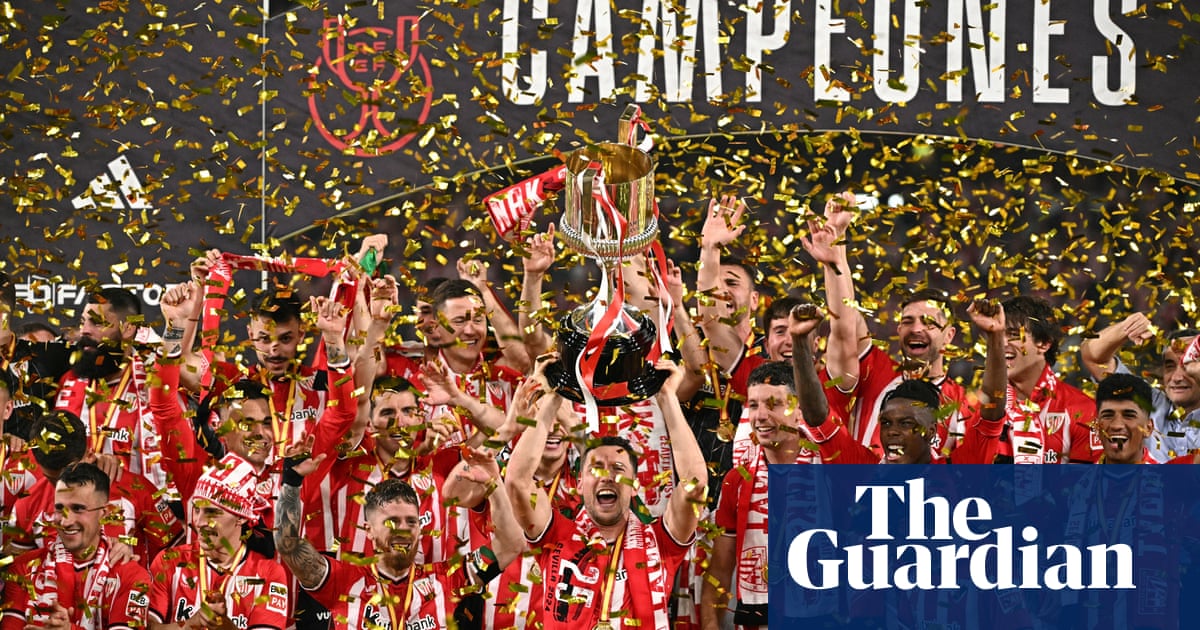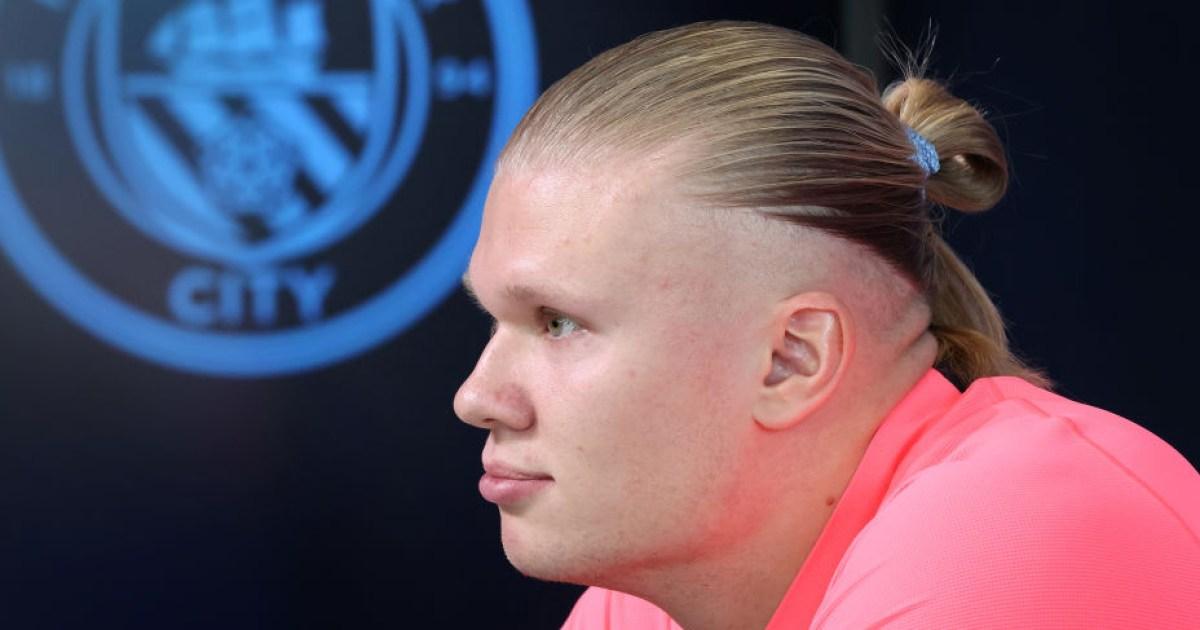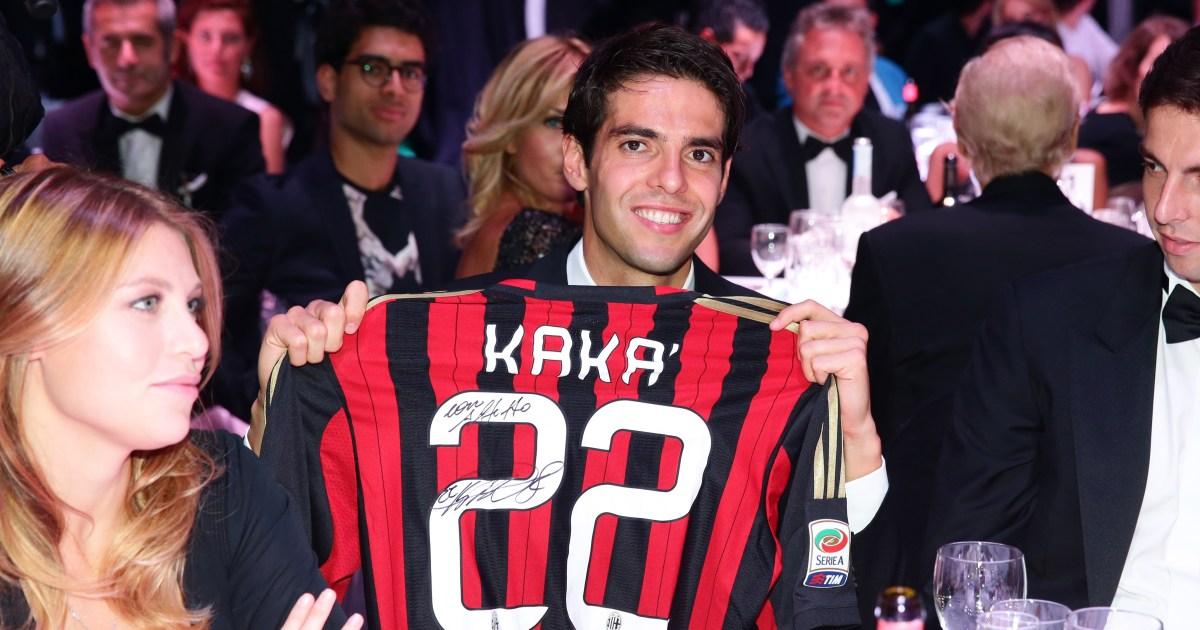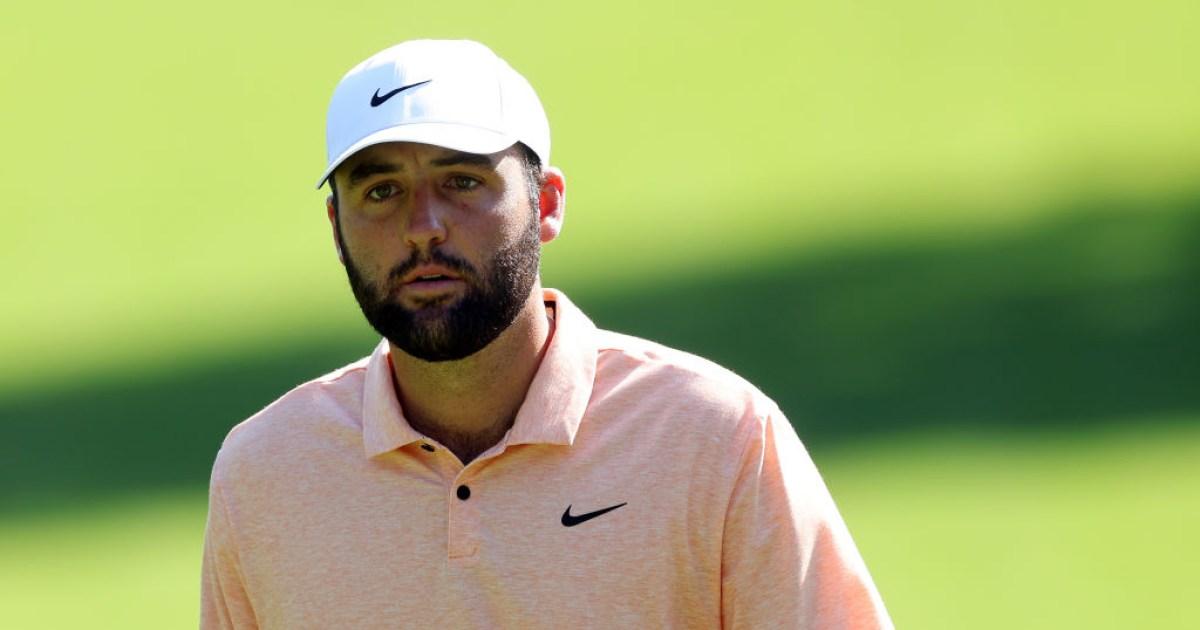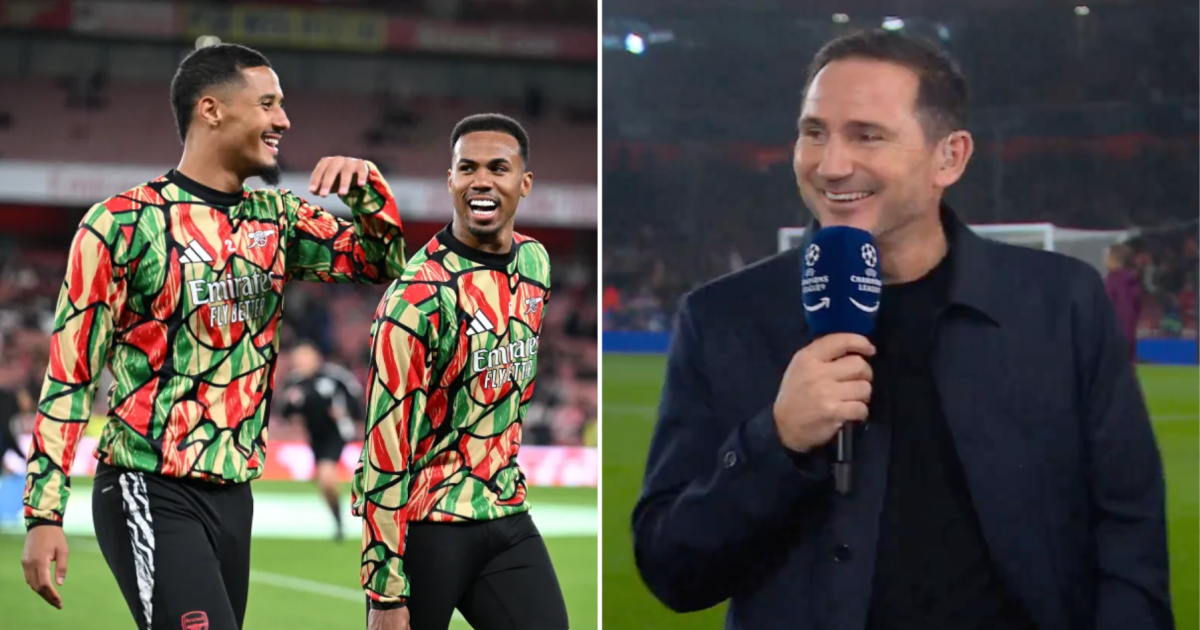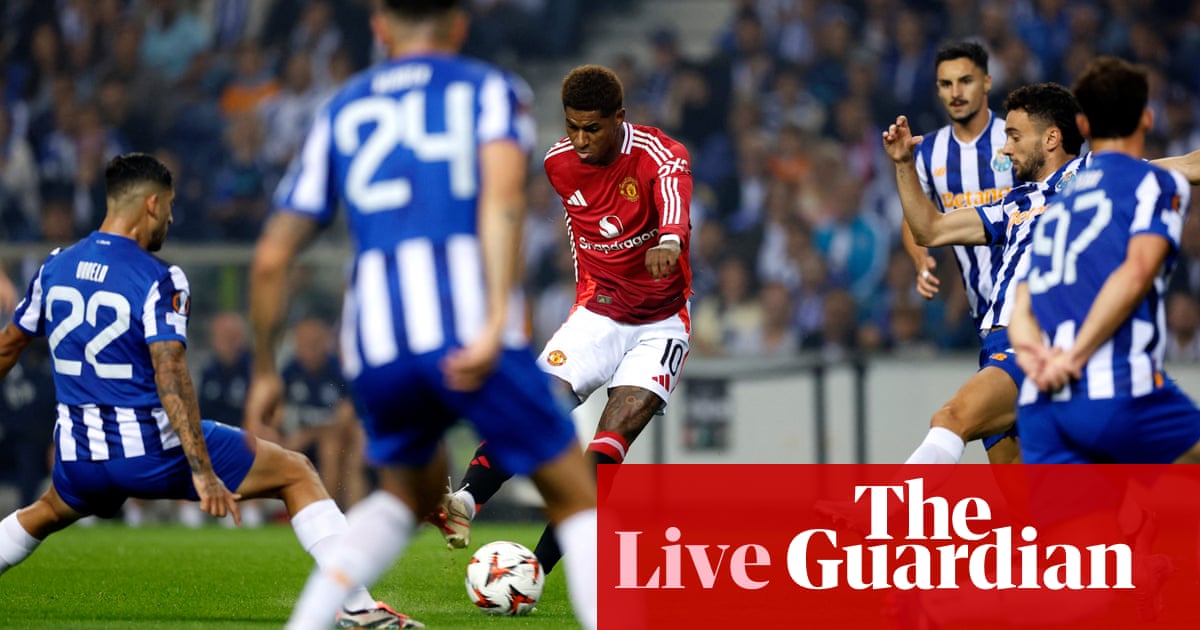Forty years and it all came down to a single kick. At 00.51 in the morning in Seville, Alex Berenguer stood by the penalty spot, handed one shot, one opportunity to seize everything they ever wanted. Across four decades and five consecutive defeated finals, Athletic Club had been close but never as close as this and they were not going to let go, not now. Berenguer skipped to one side, ran towards the ball, smashed it into the bottom corner of net and just kept on running: over the advertising boards, across the track, and towards the thousands and thousands of fans celebrating their first major trophy in a generation.
Unmoor the barge they dared not name. Athletic’s traditional, almost mystical mode of transport when it comes to celebrating titles, its picture seemingly on every wall in the city, its mere mention provoking nostalgia and longing, can finally set sail again. Take it down the Nervion river and past San Mames for the first time since 1984. Back then, a million people lined the route; now, there may even be more. “There were ten commandments in the dressing room: one was not mentioning the barge; now I want to experience it for myself,” Nico Williams said. “It’s been forty years, let’s see if it still floats,” joked Unai Simon.
“There will be a big party,” coach Ernesto Valverde insisted, and rightly so. A unique club, the heart of a community, had a unique moment, defeating Mallorca on penalties after a 1-1 draw at La Cartuja, a city 900km south temporarily populated by 100,000 of them. Valverde has won a dozen trophies as a coach. “None compare to this,” he insisted, “because of the way we have been chasing this, because of what the cup means, because of the finals we lost.”
Exhausted, Athletic had been made to suffer. They had conceded first and they had to fight back. They had been taken to extra time and all the way to penalties – which is to say that, in fact, it had gone as Mallorca had planned. They had feared that they might fall again, the goal they sought refusing to arrive. But, in the shootout they tried to avoid, they won the Copa del Rey for the twenty-fourth time. It had been some wait, and some battle too: there was genuine admiration as Athletic’s fans applauded Real Mallorca when they collected their runners up medals.
Mallorca had put their bodies on the line, heroic to the last. They had headed every ball, thrown themselves at every foot, blocked endless shots, and they had reached another shootout. They had done the same in the semi-final against the Basque Country’s other great club, Real Sociedad: getting there again was part of the plan and they had celebrated it too, leaping about and cheering in the huddle before being called to the spot, just as they had back then. This time, though, it wasn’t to be.
The 23-year-old Julen Aguirrebalaga, Athletic’s back up goalkeeper, saved from Manu Morlanes and Nemanja Radonjić shot over, to leave Sancet – the goalscorer in normal time – to make history. In the end, it was Athletic who went up to lift that cup. It had been a long, hard night – how could it not be – but here they were.
Mallorca had done all they could; it was all any of them could do to still be standing at the end of an intense, nerve-wracking night. Javi Aguirre’s team had even scored the opener after 20 minutes, a loose ball in the Athletic area proving the most valuable of all. The first shot was blocked, the second saved, but still the danger wasn’t gone. It fell to Antonio Raillo, Mallorca’s captain and the last man left in the starting XI from their third-tier days. Time was limited, the temptation to hit it, but his pulse did not race. Instead, he nudged the ball to Dani Rodriguez, who, every bit as cool, curled it into the net.
Rodriguez – who hadn’t even played a first division game until he was 31 and then scored just three minutes in as Mallorca returned to the top flight in 2019 – set off sprinting towards the corner, his team mates chasing him. This was some story potentially unfolding, the islanders seeking only their second major trophy ever, 21 years after the last.
It was also the perfect beginning. Pushed back by Vedat Muriqi, the striker whose manager says you would cross the road to avoid, and an immovable man mountain man winning every ball, Athletic had looked ill at ease to start with. And then, just as they had started to get a bit of a hold, forcing Dominik Grief to make a sharp save from Inigo Ruiz de Galarreta, they found themselves behind. For a while, Athletic seemed shaken. Here perhaps was the pressure of 40 years, five consecutive finals lost and the fact that this time they were favourites added to the difficulty of controlling the combination of euphoria and fear.
after newsletter promotion
Although Muriqi almost caught them out soon after, Mallorca were wobbling, holding on as best they could, Athletic alive and coming for them. Nico especially; he could barely believe it when an extraordinary run into the area took him past two men. But his delivery ran right across the face of goal without his brother Inaki managing to provide the touch to push it over the line. He did reach his brother’s delivery soon after but Greif was there again.
At the other end Antonio Sanchez, one of two substitutes sent on alongside Morlanes, fired off a warning that this wasn’t done yet, the ball flying over. The changes had done Mallorca good, the worst of the storm seemingly weathered, Nemanja Radonjic the next man to be sent on and soon involved as it went towards extra time. Mallorca welcomed the possibility. Athletic made one last effort to escape it, Greif scrambling away Dani Vivian’s shot and Guruzeta heading a fraction wide, but it was inevitable. Five to midnight, and still they went on.
Athletic’s captain, Iker Muniain, a veteran of five lost finals, was introduced and saw one chance fly over and a free kick curl into the side netting. For a fraction of a second, some thought it was in. The margins were fine, hearts in mouths, Nico just unable to force one over the line and Muriqi reaching a header. Aguirrebalaga saved then, and again when penalties came. Until one man was left, one shot for the ages.
